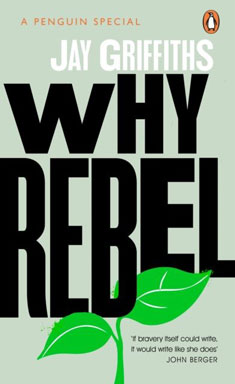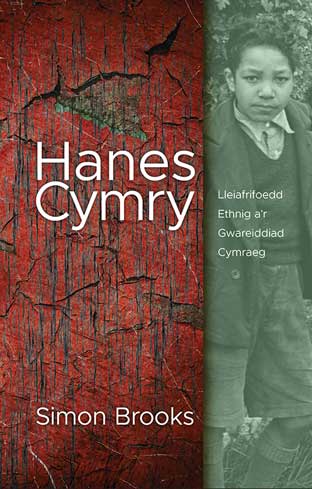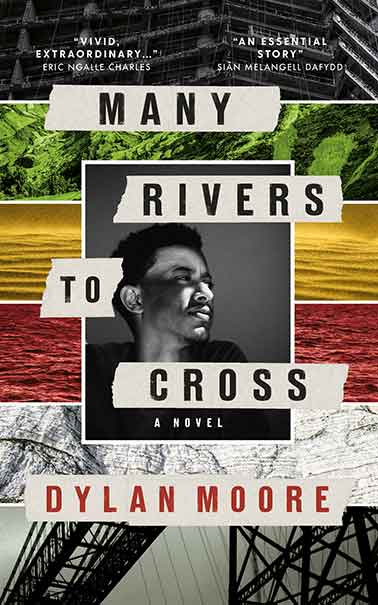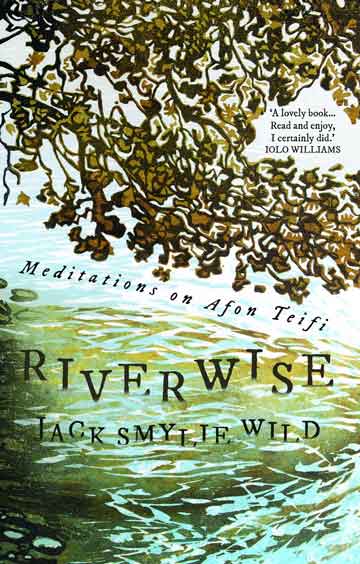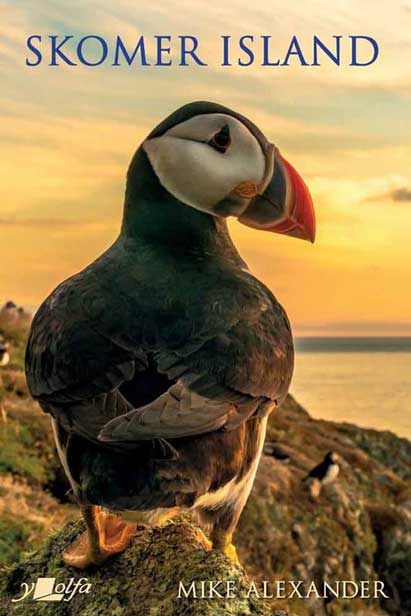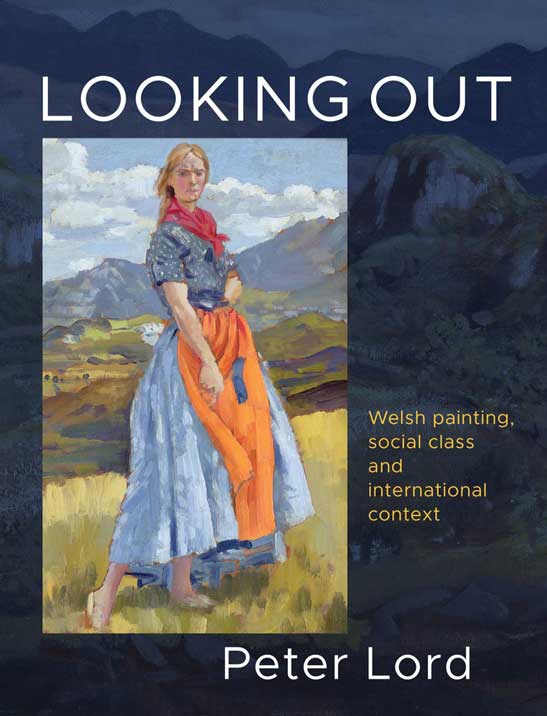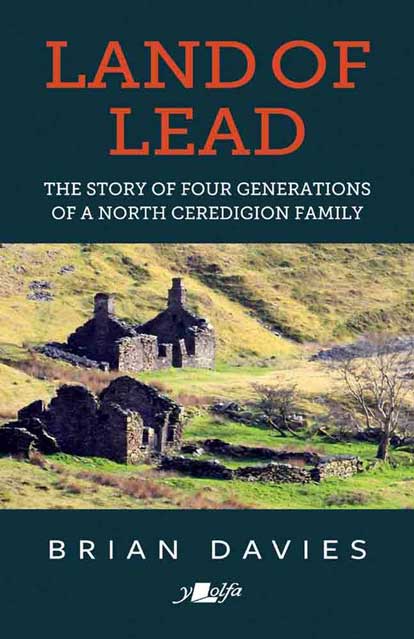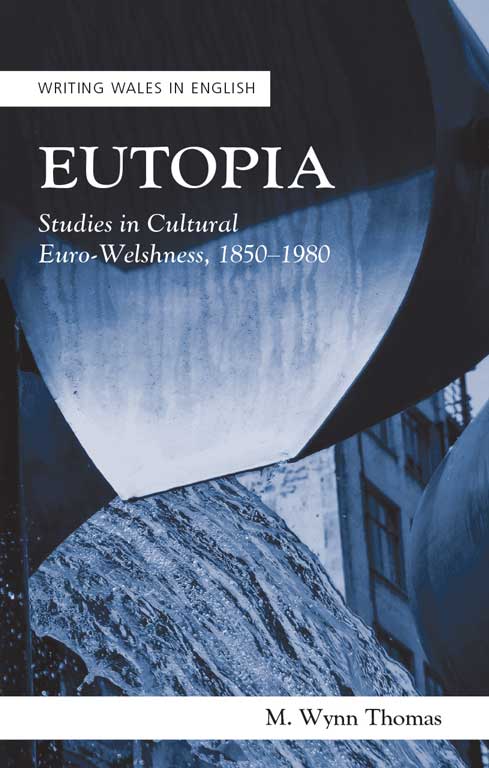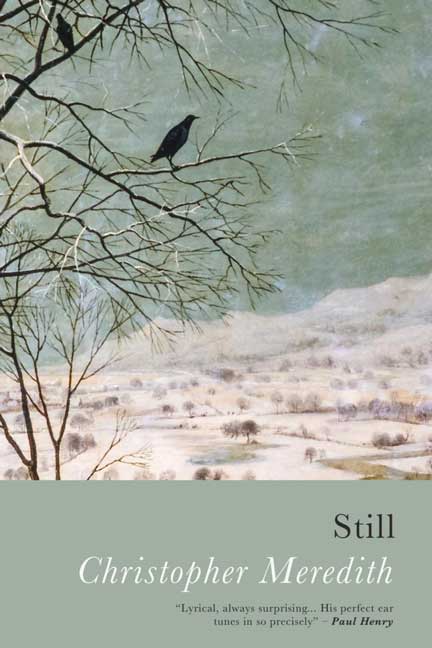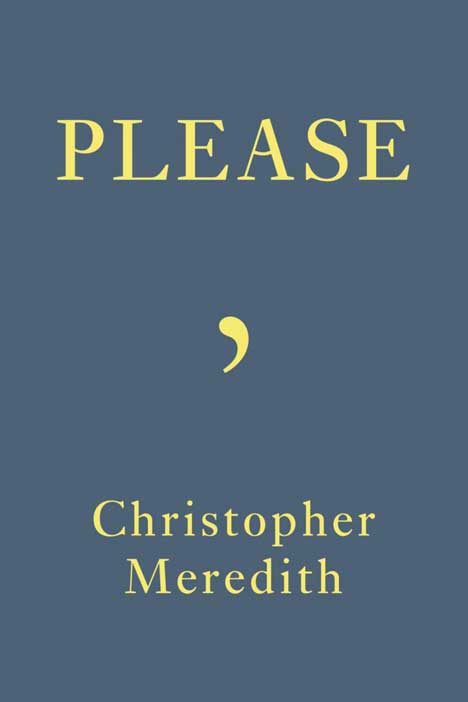In analysing the Catalan situation in 2021, Ned Thomas gives an insight into the institutional complexity and behind-the-scenes politics that means there is no simple answer to the question of whether the EU is capable of enabling self-determination more broadly; but concludes on an optimistic note.
Read moreRachel Trezise surveys the boarded-up clubs of lockdown Cardiff with Human Traffic director Justin Kerrigan. They discuss why Human Traffic 2 will be a response to Brexit, and remembering the 1994 Criminal Justice Act whether the Tories’ actions are again inspiring a DIY communal spirit...
Read moreOur Welsh Keywords series offers contemporary perspectives on the meaning of words in Welsh, inspired by Raymond Williams’ Keywords. In this issue, Grug Muse takes the reader on a walk through Comin Uwch Gwyrfai, reflecting on the history, ecology and emotional resonance of the ‘comin’: what does the communality of this space mean in an era of gentrification and pandemic?
Read moreTed Parry analyses the Northern Independence Party, putting forward what the significance of this phenomenon is for the Welsh independence cause. He argues why its Twitter presence and founding concepts are so effective, but why this project has had limited electoral success so far.
Read moreGareth Leaman argues why the reliance of parties on the ‘Twittering Machine’ is mistaken. He puts forward that progressive causes are undermined through a dependency on platforms whose economic logic of harvesting attention and publishing ephemera cannot lead to meaningful change.
Read moreIn a series that proposes how society could change in response to Covid-19, Charmian Savill draws on theoretical physics, critiques of social inequality and digital technology, and a dialogue with Ed Thomas to show how theatre can offer life-altering alternatives to experiences at home and on our screens.
Read moreBen Lloyd offers an insight into his new immersive installation Gwales, which draws on the Mabinogi myth to decry the gentrification of his north Pembrokeshire home, and show why we need to protect the spaces for simply potsian abwti...
Read moreHanan Issa recounts the thrill of feeling more alive through sea-swimming, as experienced from Ogmore beach to Bali; but draws on mythology and present-day realities to convey what the dangers of this same body of water mean for the devalued lives of others.
Read moreKandace Siobhan Walker recounts what first sparked her consciousness about the situation in Palestine, and the long roots of solidarities between this struggle and the Black liberation movement, recommending resources for informed activism.
Read moreMike Joseph draws on his family history of fleeing the Holocaust, his uncle’s involvement in the violent expulsion of Palestinians, Foreign Office records and a Welsh sculptor’s recollections of army service to pinpoint an under-examined dimension of British complicity in contemporary suffering.
Read moreClare Davies details the resonance of Williams’ life and work in pandemic-era Wales. She highlights Williams’ exploration of how everyday personal tragedy can transform into a revitalised sense of humanity and drive for social change; and how Welsh intellectuals can commit to this struggle.
Read moreRaymond Williams scholar Shintaro Kono on why the work of Williams has particular resonance in Japan, drawing on his experience as a rural ‘scholarship boy’ at the University of Tokyo. He traces the contrasts and similarities between Japan and Wales in terms of class, nationhood and neoliberalisation...
Read moreBook Review Section
Children are dumb to say how hot the day is
How hot the scent is of the summer rose
How dreadful the black wastes of the evening sky
How dreadful the tall soldiers drumming by
But we have speech, to chill the angry day…
Robert Graves ‘The Cool Web’ (1927)
Language, perhaps especially written language, is an extraordinary tool. When you’re not flailing about with eel-like sentences, when you finally get a thought expressed, writing does give you the illusion of being in control. Capturing both the essence of a book and one’s response to it is not easy, and reviewers sending me their nicely turned-out pieces lament all the bits left wriggling on the floor. I occasionally lop a few more off for good measure.
But Graves’s ‘cool web of language’ is also a snare. If articulating a fear helps to make it go away, then maybe, in what Helen Pendry here calls the ‘end-times’, we should stop articulating, and just be afraid. What does it mean to make beautiful things – passionate essays, poetry, art, history, a lyrical radio drama about rising sea-levels, a novel about displaced lives, a celebration of a river, a patient record of an island – in the face of past, present and future disasters? You’ll find some thoughtful responses to that question here.
Mary-Ann Constantine’s academic work explores the cultural history of Romantic-era Wales. She has also published two collections of short stories and a novel, Star‐Shot (2015).

